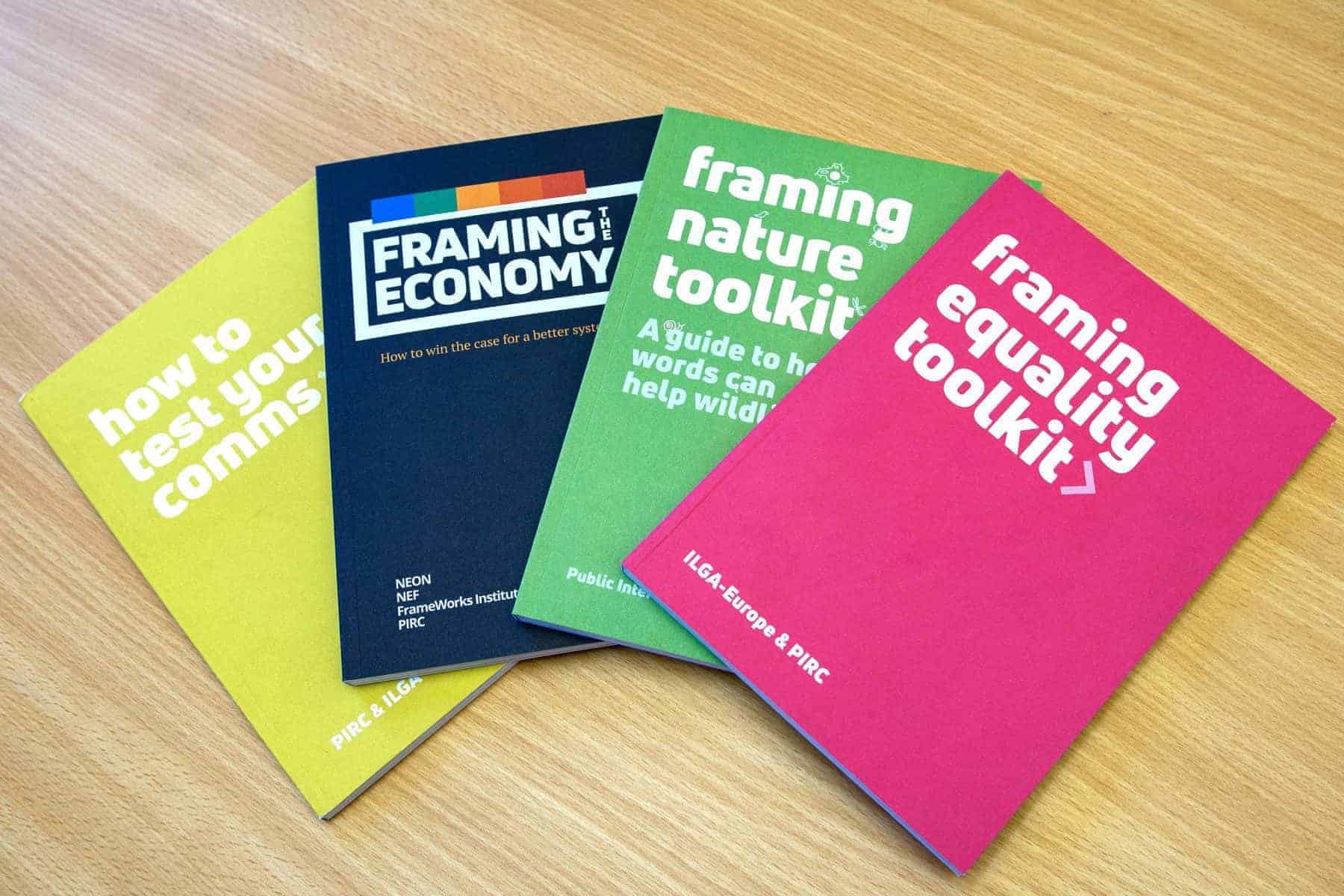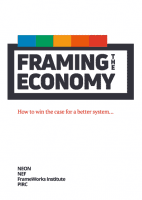This is a guest post by environmental campaigner Alex Randall.
What responsibility should rich countries take for their historical carbon emissions? Should consumption by the wealthy have to be curbed to accommodate the growing consumption of the world”s poorest billion people? These are questions that are not quite answered by the Royal Society”s recent People and the Planet report.
The report acknowledges that consumption is a problem. If we do not want to run up against various ecological limits, or planetary boundaries, the richest countries will have to reduce the amount they consume. This needs to happen to make space for the 1 billion people living on less than $1.25 a day to consume more. Because of various ecological limits – including climate change – it is not possible for the wealthy countries to continue on their consumption trajectory, as well as allowing for the world”s poorest to consume more too.
This is fairly controversial, especially coming from an organisation like the Royal Society. The great hope of many governments across the world is that consumption by rich countries can continue and possibly expand, while at the same time, consumption by the world”s poorest (and everyone in between) can expand as well. The aim is that through new technology and market mechanisms the ecological impact of consumption can be reduced so that we do not run up against the planet”s ecological limits.
The authors of People and the Planet are clear that this isn”t possible: “The combined effects of market forces and new technologies are not able to overcome planetary boundaries on the scale necessary to avoid unsustainable pressure on the planet and much human suffering.” Because economic growth (measured in GDP) and consumption are so closely linked, this will mean GDP growth might no longer be possible. What needs to be done instead is almost too controversial for the report to go into. The possibility of steady-state and circular economies are discussed, but the report stops short of really making the case for either: “This report is not the place to pursue these highly contested strands, but they cannot be ignored.” It seems the Royal Society are not completely comfortable with their new stance. We still need to try and de-couple economic growth and resource use, they argue. But they then argue that in the long run this won”t be possible.
Where the report doesn”t venture is interesting. The authors stop short of exploring the ethical dimension of rich countries” historical consumption. They seem happy to accept that the world”s richest must consume less to allow the world”s poorest to consume more. What they don”t argue is that there is an ethical obligation to do this because historically the wealthy nations have enjoyed the benefits of high consumption. Where the report dares not tread is to suggest that high consumption in rich countries might have caused poverty in other countries. The authors do not draw a connection between how rich countries got rich and why poor countries are still poor. This is important because exploring these arguments adds force to arguments that wealthy countries should sharply reduce the amount they consume. Saying that rich countries should reduce consumption to redress an unequal situation is one thing. Saying that this unjust situation has been persistent for centuries is quite another. Suggesting that high consumption by the rich might have contributed to the desperate situation of the world”s poorest is more powerful still.
Still, we should be pleased that the Royal Society have made the leap of accepting consumption in developed countries has to be addressed. Their tentative forays into questioning economic growth are also interesting. Even though the report does not fully explore the ethical implications of wealthy nation”s historical consumption the report will hopefully make space for these debates to enter the mainstream.








